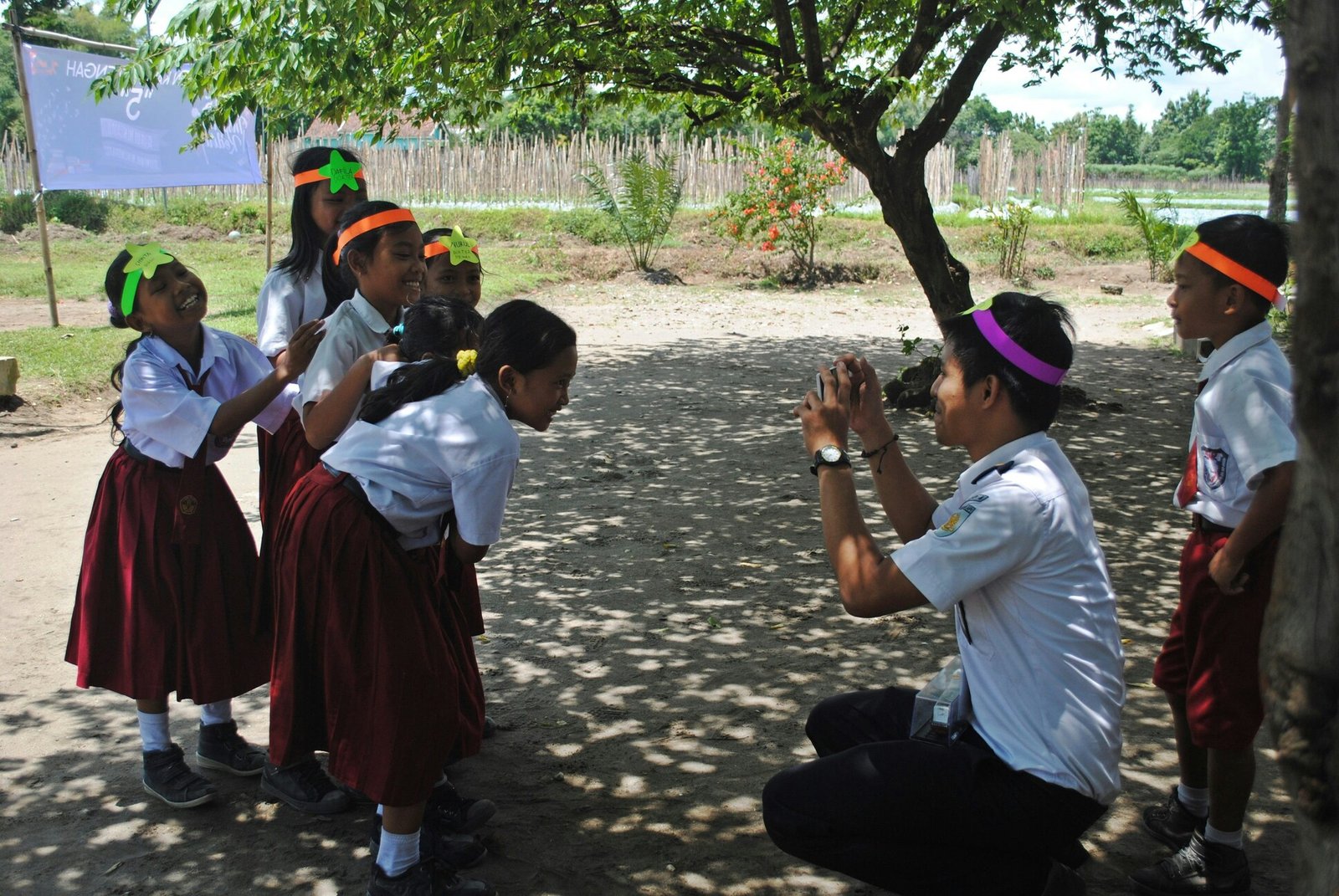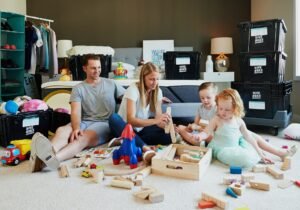Every parent wants their child to make friends, talk with confidence, and feel happy in school. With 10 proven tips on how to improve social skills in primary school kids for happier friendships, you can support your child in a kind and simple way. Children grow well when they feel loved, heard, and safe.
Social skills help kids talk nicely, share things, and join others. In cities like Faridabad, children meet classmates, cousins, and neighbors each day. Good social skills help them feel strong and friendly in every place.
Why Social Skills Matter
Social skills help children build friendships and behave in a calm way. Kids need these skills for school, family, and play time. When we teach kids to talk, listen, and share, they grow with trust and love.
The importance of social skills in primary education is very high. Teachers see kids who talk and share do better in class and group work.
Step 1: Ways to Develop Social Skills in Children
Talk to your child every day. Ask simple questions. Let them answer in their own words. Guide them softly.
Give chance to play with cousins, neighbors, or school friends. Practice hello, thank you, and sorry at home.
Step 2: Activities to Teach Kids Communication and Teamwork
Play board games, building blocks, and group story time. Let kids share pieces, wait turns, and talk.
Do small family projects like cleaning a drawer or cooking simple snacks together. Teamwork grows love.
Step 3: How to Help Shy Children Make Friends
Introduce shy kids slowly. Let them meet one friend at a time. Do short play dates.
Let them take their time. Smile and encourage. Say, “It is okay. Try again tomorrow.”
Step 4: Teaching Empathy and Cooperation to Kids
Talk about feelings. Ask, “How do you feel?” “How do you think your friend feels?”
Share simple stories where kids help each other. Praise when they show care.
Step 5: Classroom Strategies to Build Social Interaction
Ask teachers to give group work and circle time. Games like “pass the ball and speak” help kids talk.
Schools in Faridabad already use group reading and sharing games. Support this at home too.
Step 6: Role of Parents in Developing Social Skills
Parents are the first teachers. Speak with respect at home. Kids copy parents more than anyone.
Share stories at dinner. Listen with care. Show how to talk and wait for turns.
Step 7: How to Encourage Positive Behavior in Children
Say good words when kids behave well. “You shared. Good job.”
Do not shout. Calm words guide more than fear.
Step 8: Emotional and Social Development in Early School Years
Kids in primary classes grow in feelings and thinking. They learn to talk, share, and sit with friends.
They need love and support. School and home both shape them.
Step 9: Games to Improve Confidence and Communication in Kids
Play pretend games. Shopkeeper, doctor, teacher, bus driver — these build talking skills.
Play memory games and passing games. Laugh and learn together.
Step 10: Practice Every Day With Love
Small steps every day work. Greet people, share food, speak softly, listen, and play with others.
Praise often. Say, “I saw you spoke and shared. I feel proud.”
Extra Tips for Parents
- Reduce mobile time and talk more
- Let grandparents tell moral stories
- Invite one child at a time for play
- Use mother tongue for harder feelings
- Model friendly behavior in markets, parks, and festivals in Faridabad
FAQs
Q1. My child stays quiet. Is it normal?
Yes. Many kids take time. Support them. Give small steps.
Q2. How can I make my child speak more?
Ask simple questions. Play talk games. Praise small tries
Q3. What if my child fights with friends?
Teach sharing and calm talk. Show how to say sorry and try again.
Q4. Do screens harm social skills?
Too much screen stops real talk. Set screen time and play more.
Q5. When do I need expert help?
If child avoids all children for many months, talk to teacher or counselor.
Conclusion
Social skills grow slow and steady. With love and practice, every child learns to talk, share, and make friends. Use these 10 proven tips on how to improve social skills in primary school kids for happier friendships and see your child grow with joy and confidence.
Kids do not need pressure. They need patience, time, and care. Your belief gives them strength.




